Written by Yuki Klotz-Burwell
Halfway through the first semester of my freshman year, I had mastered the facade that my grades were perfect and that my life was under control. I pretended that I was happy and healthy and doing well in school. The reality of the situation, however, was the complete opposite: my scores were falling to new lows, I was failing a class and I had never been more lost. I had not fully adjusted to the amount of work high school required and was drowning in piles of late work and failed tests.
Months went by and I still hadn’t adapted to my new environment. One class, World History, was particularly contributing to my stress. My test grades were low and I neglected doing the homework, and come January I was faced with a bold “D” on my semester report card. I wanted to blame others for my failure—I was too ashamed to admit that I had messed up. Everyone around me seemed to be flourishing and maintaining perfect grades while I was figuring out how to fix my grades so that I could graduate. I enrolled in summer school to make up the credit I missed, and worked hard to replace the grade.
Looking back at the situation, I now realize that my stress could have been alleviated by asking for help. At the time, however, I felt as though that weren’t an option. I felt the need to dissemble about my struggles and fit in with the levels of success that I believed my peers were attaining. I tried studying with my friends, but ended up falling even more behind when they breezed past early topics I was still confused about. When they’d ask how I was doing on tests, I’d lie about my scores to hide the embarrassment I was feeling from receiving grades 20 percent lower than the scores my friends were complaining about. I felt alone in my academic struggles. Eventually, I became so used to seeing “F” grades on my tests that I simply stopped studying because I didn’t see a point in it. My behavior highlighted actions that would later become a pattern: I was reluctant to ask for help because I believed that I was the only one struggling.
Last year, when my friends and community were hurting, I tried to take on the role of therapist and dropped everything to help my friends. Though I had my own personal pain to deal with, I neglected my schoolwork and felt as though it were my duty to help my friends make it through whatever issues they were struggling with. I wanted to be the one to fix them and make them feel better, placing them as a priority and thus avoiding my own problems. However, I didn’t realize the effect this was having on me. I wasn’t trained to fix people’s problems—I couldn’t even fix my own. Soon, the sadness I was feeling became unbearable. I was stuck; I wanted to ease the stress and pain I was feeling from helping my friends while still being able to support and care for them. For months I continued this deleterious cycle of ignoring my own issues and refusing to get help.

Finally, I recognized that my actions were self-destructive as I pushed my friends away and kept my thoughts and worries in. I realized that although I was telling my friends they were important and urged them to not keep anything in, it didn’t mean anything if I didn’t follow my own advice. I had to start acting on my own advice and understand that I was not an exception to the rule. I admitted that I needed help and reached out to Adolescent Counseling Services (ACS) to seek advice in finding a balance that allowed me to help my friends and myself while not feeling drained by it. Initially, I was apprehensive. I’d never done counseling before and had no clue what to expect going in. My counselor talked through all my fears and thoughts with me, and let me speak at my own pace. The sessions were pretty open-ended, and I was able to choose when I wanted to have them and what I wanted to talk about. Doing sessions with ACS was one of the best decisions I have ever made; it provided me with a space to feel comfortable asking for help and admitting that I needed support.
This year, I enrolled in classes that I thought I would enjoy, but were challenging. After taking one Advanced Placement (AP) class (or as some of my peers said it, “only one”) last year, I felt pressure to take more. I signed up for four APs, and started to realize it was too much for me. I initially refused to believe that I was having trouble; I thought that I was the only one not understanding concepts and failing tests. My friends had juggled multiple rigorous courses, leadership positions in clubs, ACT prep classes and social issues in their junior years; why couldn’t I handle anything? I felt like I was drowning in failure while everyone was achieving their goals.
However, I thought back to my experiences freshman year and took measures to prevent myself from repeating the same mistakes: I asked for help. I acknowledged that I wasn’t doing well and got a tutor for AP Economics, spending time to work on my problems rather than masking them. Although my grade rose slightly, the stress of not understanding the material and continuously doing poorly on tests took away from that improvement. I still felt the stress of my other courses, college applications and life weighing on my shoulders.

I focused on learning from my experiences to improve my actions, and made the decision to drop AP Economics. Instead of maintaining a semblance of calmness and organization, I chose to actually feel calm and organized.
Though I have struggled with feeling emotionally and academically secure, I ultimately found comfort in asking for and receiving help. There are still times when I compare myself to others and feel bad about getting help, but I make myself remember that everyone is different and asking for guidance has benefitted me and improved my lifestyle. I have no regrets about my choices—I only wish that I had recognized my issues earlier. As Professor Dumbledore said in “Harry Potter,” “Help will always be given at Hogwarts to those who ask for it.” Here at Gunn, there are countless sources to get guidance and support. Reach out to your friends, teachers, ACS or whoever you feel comfortable with. You are not weak to ask for help. You are strong.



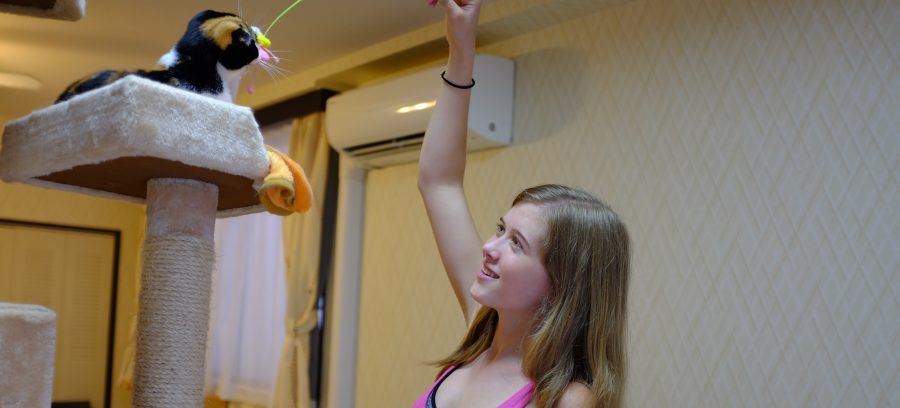

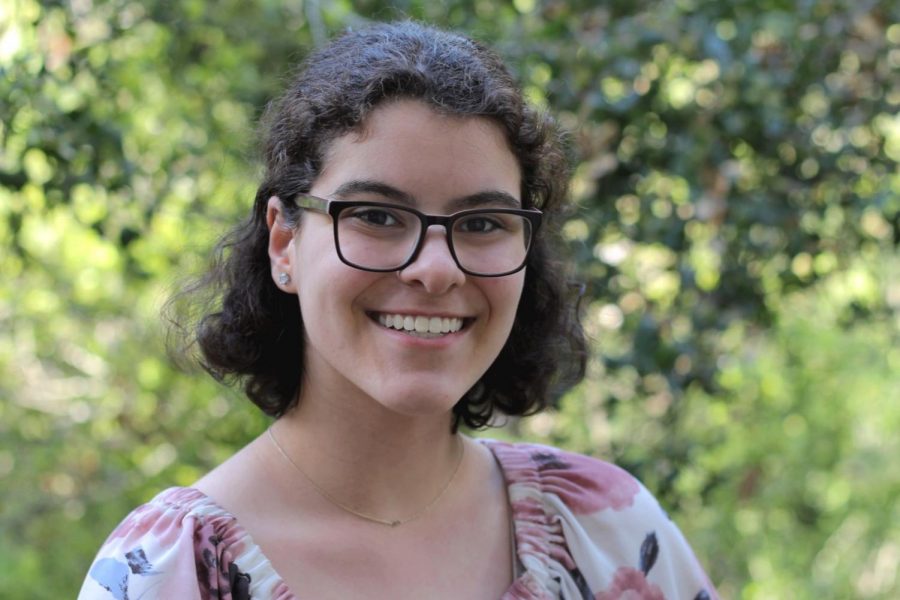
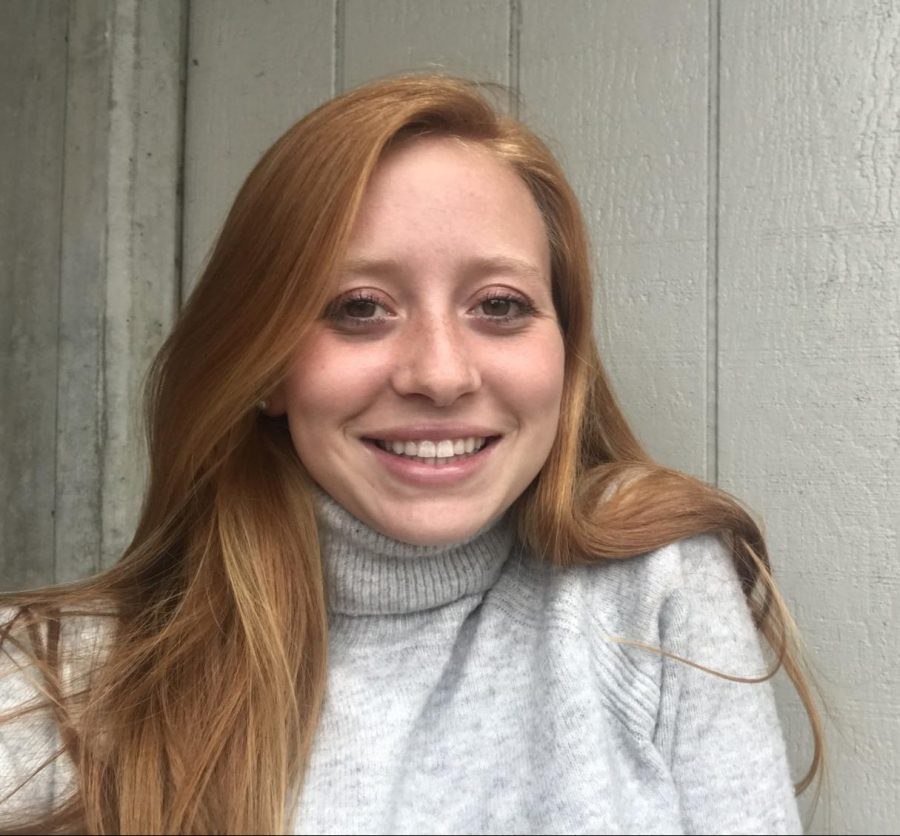
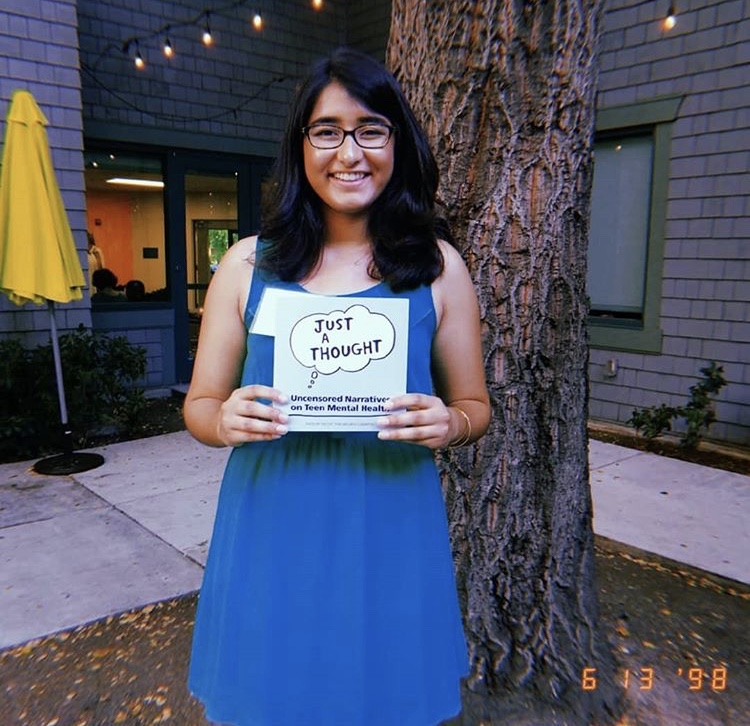
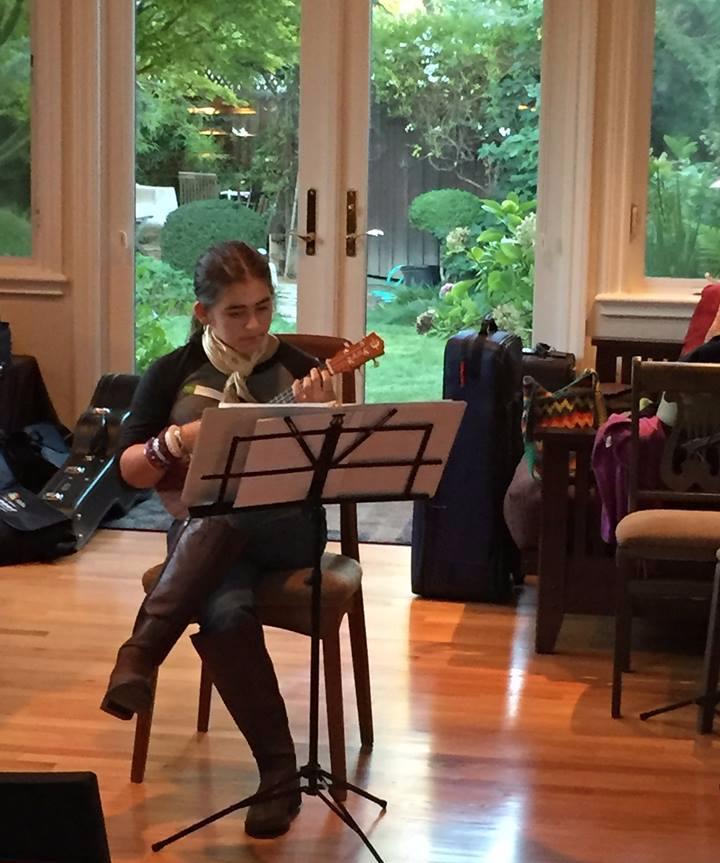
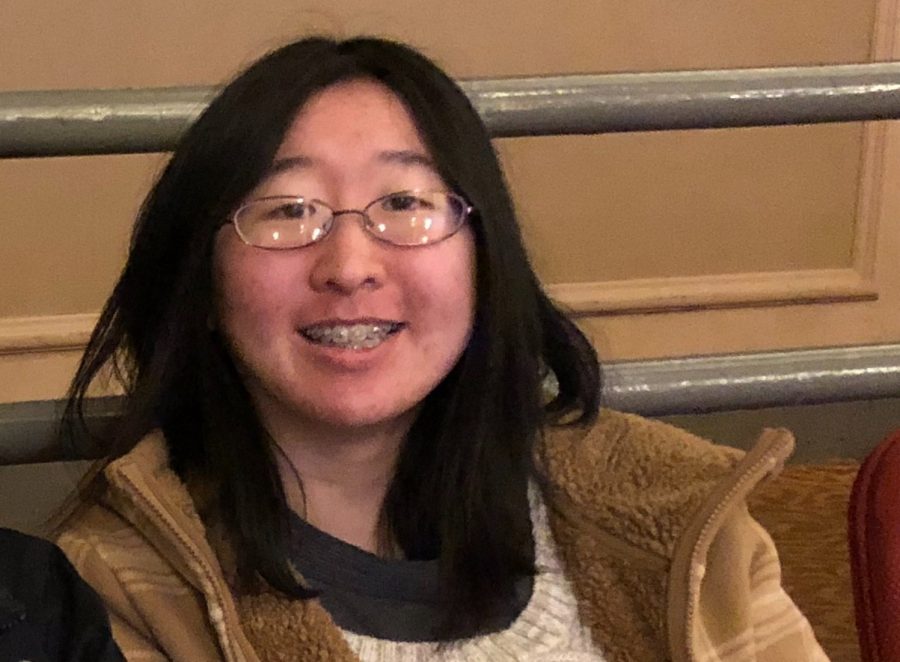
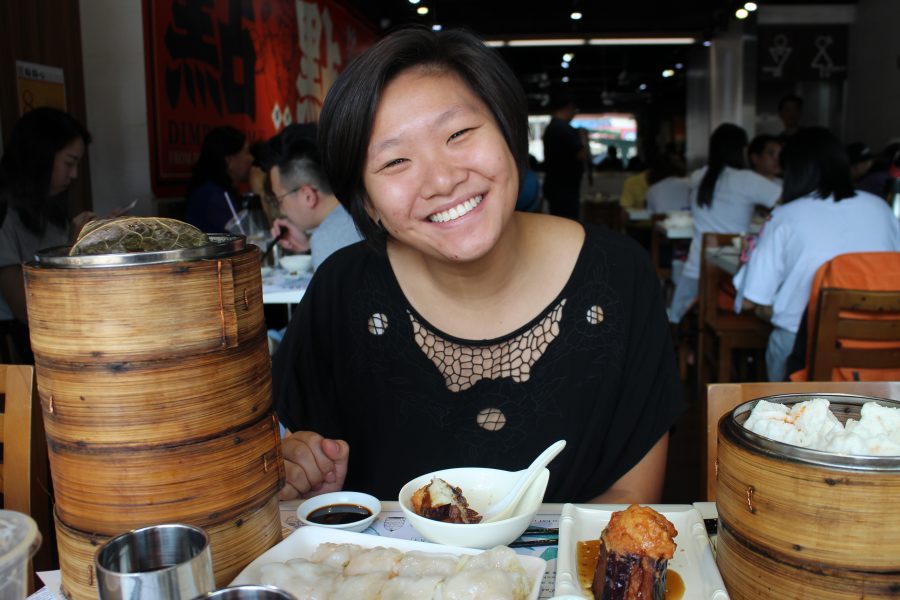
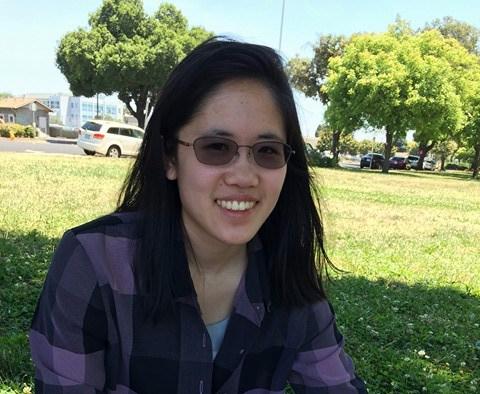



teachout2014 • Feb 16, 2016 at 6:40 pm
Thank you for being brave enough to share your story Yuki. The more we hear from students expressing their honest feelings about struggling the better educated we will all be! You are educating parents like myself as well as your peers. Too many APs for many students is overwhelming. In our experience through seeing some of our senior son’s classwork over the past years, the middle lanes are often the best balance–rich content at a pace that allows for thoughtfulness and student enjoyment with the subject [and with very manageable homework loads]. We are all academically lumpy–especially those who are gifted in a subject–and challenging ourselves on the things we care most about [while satisfying other requirements proficiently] is a great life skill. Take care of yourself and so glad you took advantage of the excellent ACS ears.